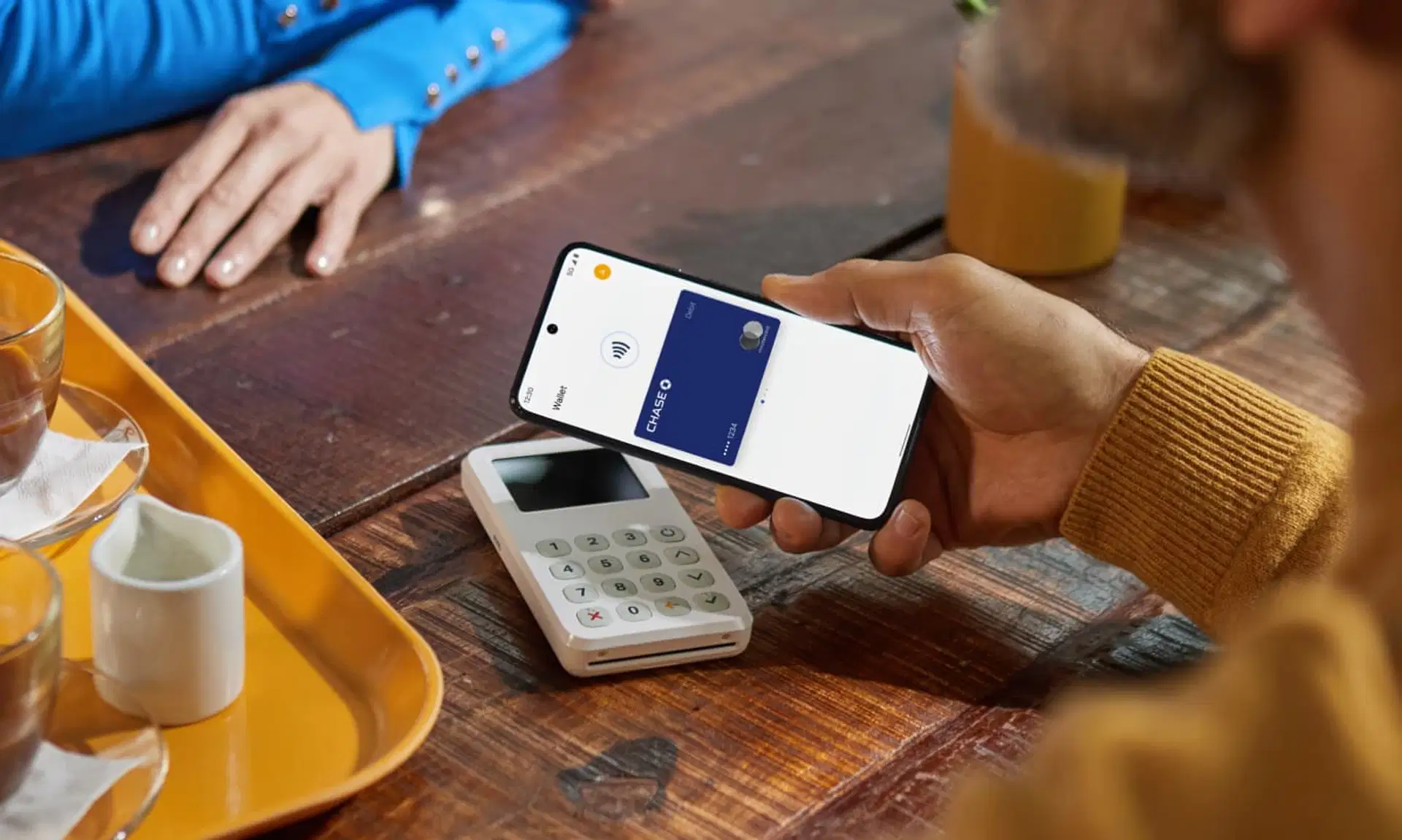Fraud and scams aren't one size fits all
4 min | 25 November 2024

It’s a normal work day, and you see a notification on your phone from a loved one. They're having a bit of trouble, and need you to help make a payment or send them some money. You'd want to help out, right? After all, it’s just a small token. That's how easy it is for people to get scammed.
Elizabeth Sinclair, Vice President of Fraud for Chase UK, has shared some insights into common themes in fraud and how to help protect yourself.
Fraud and scams can come in all shapes and sizes
Each year, lots of people unknowingly fall prey to fraud and scams that target key social moments and personal vulnerabilities. With the ongoing cost-of-living crisis, we've seen scammers and fraudsters target things as small as second-hand purchases and even go the extra mile by pretending to be real investment firms.
Investment scams are particularly harmful as fraudsters tend to target people with larger sums of money, so the financial damage can be higher. When fraudsters trick customers into investing they often do this by advertising fake stocks or shares on social media or pose as a legitimate trading business online. They'll promise a lucrative trading or mining scheme, and can be very persuasive. Scam emails can include highly professional and glossy-looking graphics and ads. They could ask you to follow a link or open an attachment that could either direct you to a fake website or result in malicious software downloaded onto your computer. The FCA ScamSmart Investment Checker is a great tool to help review your investment from a fraud perspective.
There's the famous ‘Hello Mum’ scam, where scammers pretend to be your child, then ask parents to send money for things like bills or broken phones. In the wider industry, we're also seeing a rise in impersonation scams. An example of this is when a scammer calls a person pretending to be from their bank and asks them to move money in order to 'protect their account from fraud'.
However, one trend that stands out to me at the moment is the use of money mules. Here, scammers take advantage of social situations by advertising jobs that promise quick access to cash, particularly targeted at younger people and students. These scammers then ask those who they've recruited (the mules) to set up a new account so that they can move money. As harmless as this seems, the mules are at risk of having illegal funds passed through their account. As a result, they may be reported to financial authorities, be unable to open accounts, take out mortgages or even get jobs later in life.
At Chase, we try to approach these in different ways
We tell our customers about common fraud and scam risks and help protect them from fraud through:
- Our tailored in-app fraud messaging that asks what payments are for and helps customers think twice before making transactions
- Fraud-related content on our social channels
- Spot checks when we notice unusual activity on customer accounts
- 24/7 access to our specialist Fraud Team, through our app and over the phone by dialling 159
Our numberless card is another helpful feature – for one, you can make a card payment without someone looking over your shoulder and jotting down your details. Of course, you're still able to find your details in the app when shopping online, but the extra step could help give you a moment or two to think about the payment.
My nan – who's very elderly – has been successfully targeted a number of times by scammers and now has a Chase account. It's not as easy for her to share card details on impulse, as she doesn’t have them so readily available.
Speaking of online shopping, another great feature is our in-app virtual card. If your card's ever compromised by fraudsters, we can quickly reset your card details – you won't need to go through the hassle of getting a new physical card.
How can you best look out for yourself?
My three top tips are:
- Take the time to read up on fraud and scams through the info we provide you or through useful platforms like Take Five
- If you're not sure about a payment, don't go through with it – instead, contact us straight away through the app or by dialling 159
- Never share your passcodes, card details or any sensitive account info. Remember, we'll never ask you to disclose any of these
If you think you might be the victim of a scam or fraud involving any of your Chase accounts, please contact us right away.






